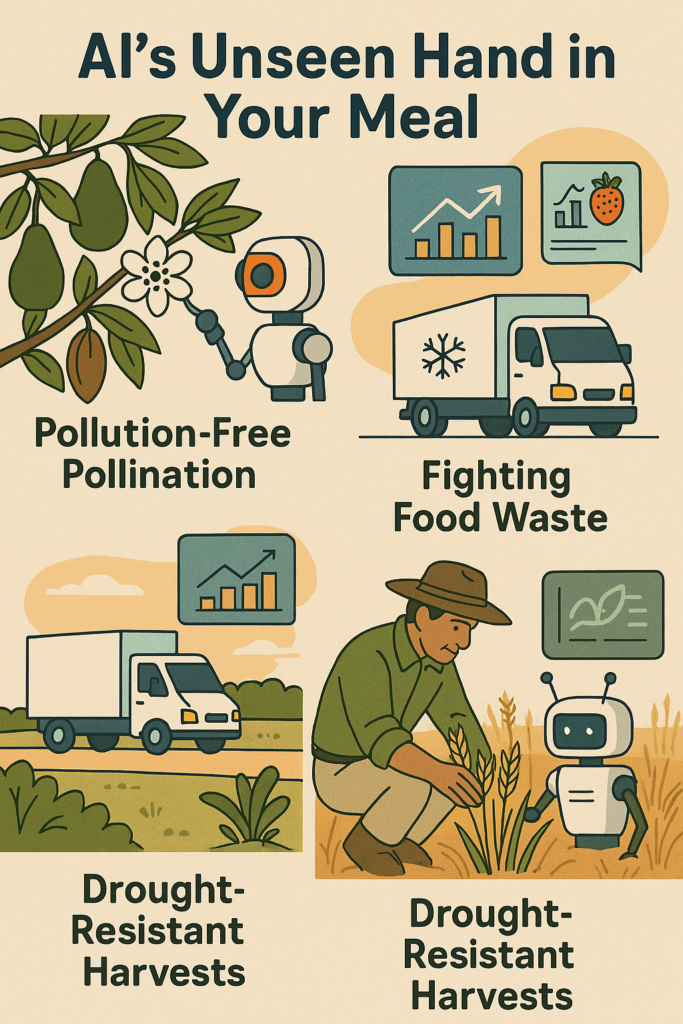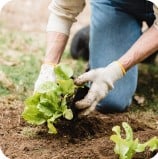In the heart of rural farmlands, a quiet revolution is unfolding. While headlines often focus on high-tech corporate agriculture, the real story lies with smallholder farmers who are merging ancestral wisdom with AI to create resilient, sustainable ecosystems.
Imagine a third-generation coffee farmer in South America. For years, her family relied on intuition and weather lore passed down through generations. Today, she uses a small solar-powered AI device planted discreetly in her fields. It monitors soil moisture, tracks pest activity by analyzing sounds in the surrounding trees, and even predicts microclimates. At sunrise, she receives a simple message: “Harvest today—rains arrive tomorrow.” This blend of tradition and technology is transforming how small farms operate, one sensor at a time.

AI’s Subtle Yet Powerful Role
- Guardians of the Microclimate:
Hyperlocal weather prediction tools now empower farmers to outsmart erratic weather. In East Africa, SMS alerts based on AI-processed satellite data warn tea growers of approaching hailstorms hours in advance—a lifeline for crops once lost to sudden downpours. - The Rise of Precision Weeding:
Autonomous robots, equipped with cameras and machine learning, now patrol fields. They distinguish crops from invasive plants with startling accuracy, eliminating weeds using targeted organic sprays or lasers. This slashes herbicide use and protects soil health. - Voice-First Farming:
In regions where literacy rates are low, voice-based AI assistants are breaking barriers. Farmers ask questions in local dialects—“What’s causing yellow spots on my leaves?”—and receive audio advice tailored to their crops, from pest control to irrigation schedules.
The Human-AI Collaboration
AI’s strength lies in learning from farmers, not replacing them. In Southeast Asia, rice growers partner with developers to train models using decades of handwritten harvest records. The result? Algorithms that honor local practices, like adjusting planting cycles to subtle shifts in monsoon patterns.
Challenges remain. Limited internet access and distrust of opaque systems are hurdles. But innovators are designing hybrid solutions. In parts of East Africa, farmers receive AI-driven advice via low-bandwidth SMS, cross-checked by community elders who interpret the data through generations of lived experience.
Author: Apoorva Nerkar



